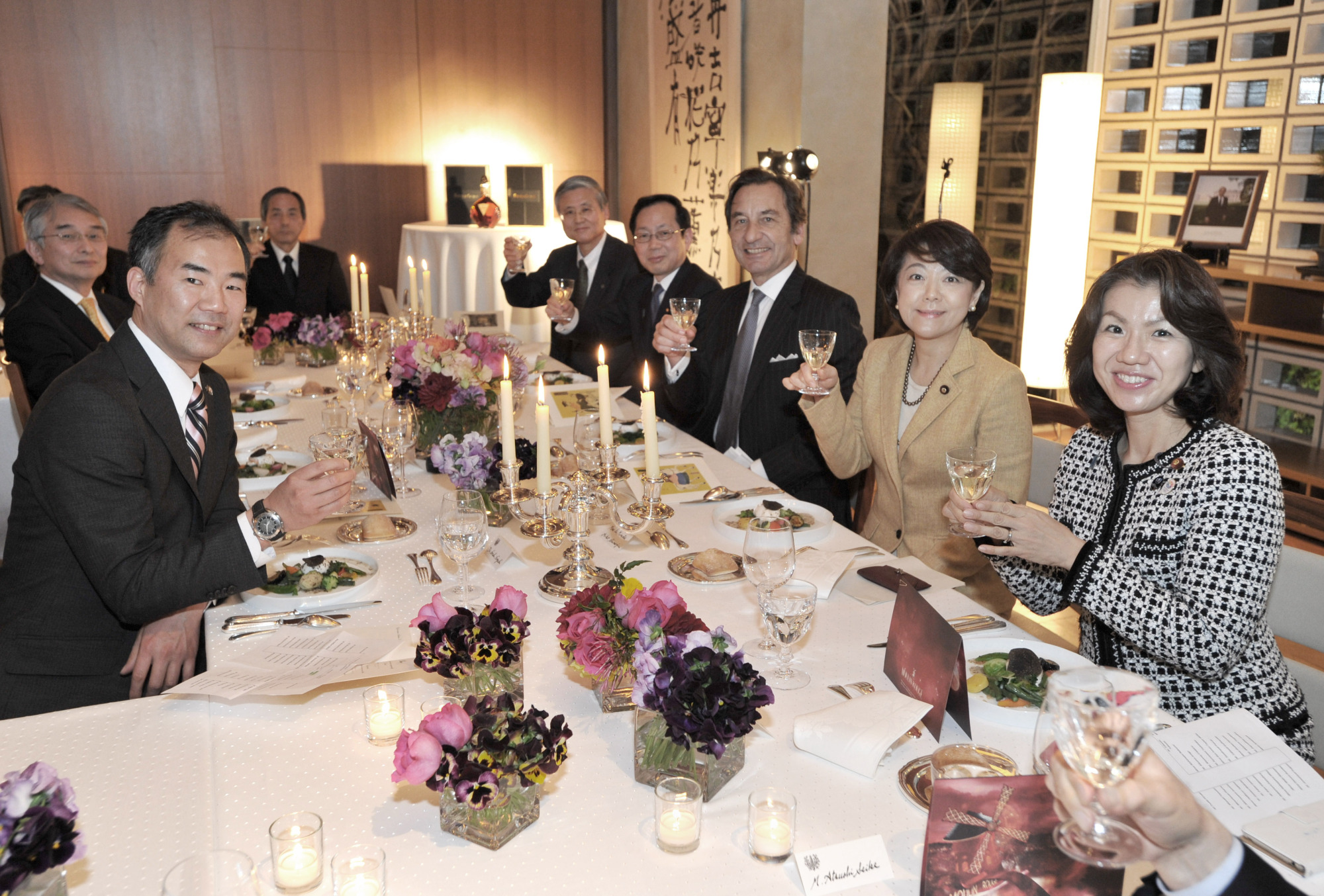日本の職場 (Nihon no shokuba, the Japanese workplace) has never been known for congeniality, but these days, the verdict among many 女性社員 (joseishain, female employees) is: 昔に比べて働きやすくなった (Mukashi ni kurabete hatarakiyasukunatta, "Working conditions are more comfortable than in the old days").
The reason? Most 会社 (kaisha, companies) now enforce コンプライアンス (konpu- raiansu, compliance) to raise awareness among 男性社員 (danseishain, male employees) in regard to the 三ハラ (sanhara, three major harassments) of セクハラ (sekuhara, sexual harassment), マタハラ (matahara, maternity harassment) and パワハラ (pawahara, power harassment).
Men are no longer allowed to say things like 君も年だし (Kimi mo toshidashi, "You're getting old") and ask questions like 結婚の 予定はあるの (Kekkon no yotei wa aru no, "Do you have plans to get married?") to women over 28 — at least not publicly. These two phrases used to be standard statements uttered in Japanese offices up until the late '90s, but any man who says such things now is considered a 無能者 (munōsha, clueless person) or just plain ばか (baka, stupid). Josei-shain now work well past their 40s and can make their way up the corporate ladder just like their male colleagues!



